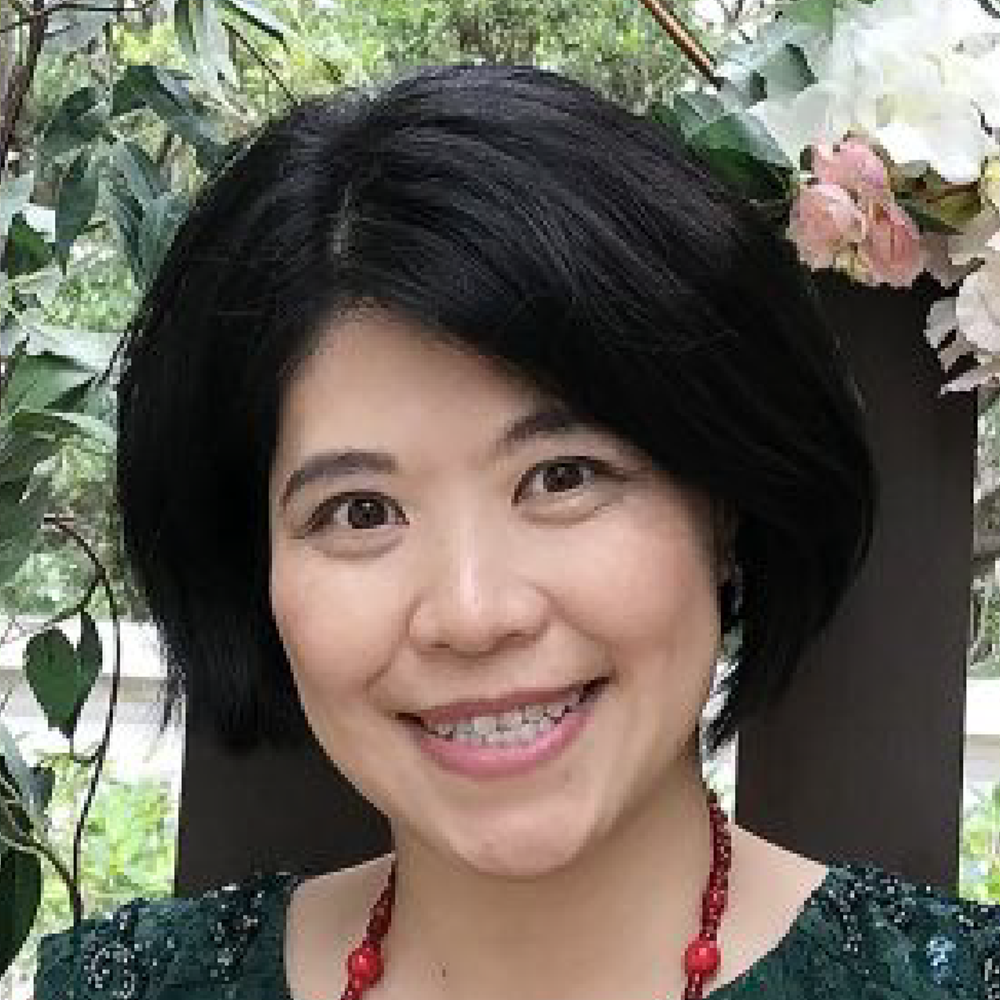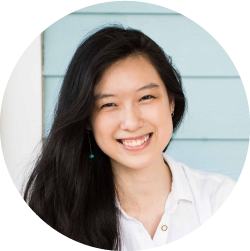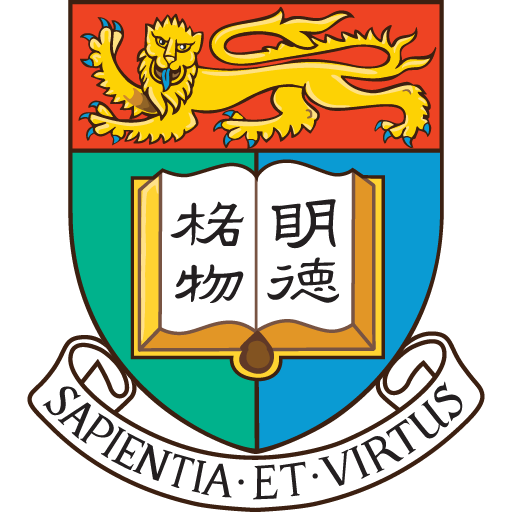
Detail
Quota
Abstract
Empathy is a complex, often elusive competency in health professions education. This two-hour, hands-on workshop positions empathy development within the medical humanities through a student-designed board game that immerses participants in the lived experiences of vulnerable communities. Drawing on our successfully piloted eight-hour course at a medical school in Li Ka Shing Faculty of Medicine, the session combines role simulation, community-informed scenarios, and structured reflection to heighten awareness of healthcare disparities and prompt compassionate action.
Participants will rotate through facilitated gameplay in small groups, assuming roles shaped by social determinants of health and navigating constrained choices, resource trade-offs, and systemic barriers. Teacher and Student collaborators—co-creators of the game—will serve as table facilitators, modeling student–teacher partnership, sharing insights from the co-design process, and guiding inclusive, respectful play. Community perspectives embedded in the narrative and event cards will foreground real-world needs, strengths, and challenges.
The workshop structure includes: a brief introduction to the project’s development and pilot findings; immersive gameplay; and a structured debrief that surfaces emotional, ethical, and systems-level insights through reflective dialogue. A closing discussion will focus on adapting the game to diverse learning contexts and professions, strategies for authentic community engagement, and practical steps for implementation.
Learning outcomes:
- Experience a role-based simulation that cultivates empathetic understanding of community needs.
- Identify how gamification can advance medical humanities goals across interprofessional programs.
- Plan evaluation approaches to assess learning and impact.
Intended audience includes educators, students, and community partners who are interested in knowing more about health inequalities in the society. By embedding learners in community-informed narratives and centering student co-creation, this workshop demonstrates how game-based learning can translate empathetic insight into equitable, community-engaged practice.
About the Speaker(s)

Dr. Pauline Luk is a Lecturer at the Medical Ethics and Humanities Unit and the Bau Institute of Medical and Health Sciences Education within the Li Ka Shing Faculty of Medicine. She holds a PhD in Communications and New Media and specializes in medical education, mentorship, health inequalities, and mindfulness.
Dr. Luk collaborates with international researchers on health and wellness projects and develops learning modules and workshops in medical humanities and interprofessional education. She has received teaching development grants and teaches courses on community engagement, empathy, student-directed learning, and health disparities.

Dr. Mei Li Khong is a Lecturer / Digital Education Consultant at the School of Clinical Medicine and School of Biomedical Sciences at HKU. Her involvement at HKU has broadened to health sciences education more generally, ranging from transdisciplinary projects to incorporating blended learning into the medical curriculum through modified flipped classrooms, redesigned online learning environments, optimised educational technology, and gamified learning. Dr. Khong is involved in multiple teaching development projects. In these projects, she is especially passionate about the transformative potential of student-educator partnership in shifting learning perspectives and bringing about student-centred improvements to a curriculum.
Both facilitators of this workshop have led several student-teacher partnership projects, including the co-designed game featured in this workshop. This game has been incorporated into medical humanities courses, Common Core, secondary school induction programs, and exchange initiatives with overseas universities. In recognition of their contributions, both facilitators were awarded the Faculty Teaching Medals of HKU Medicine in 2024.


